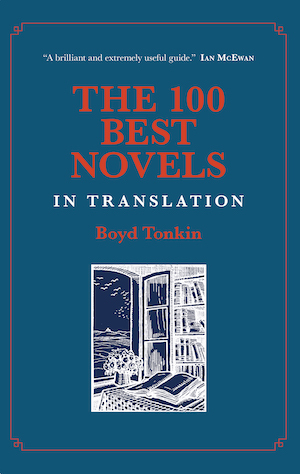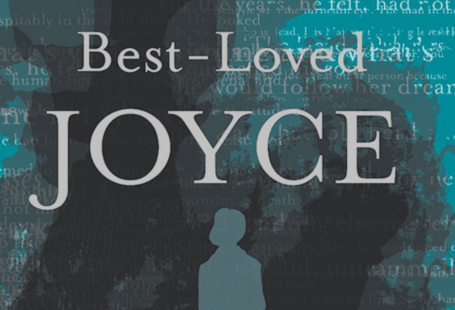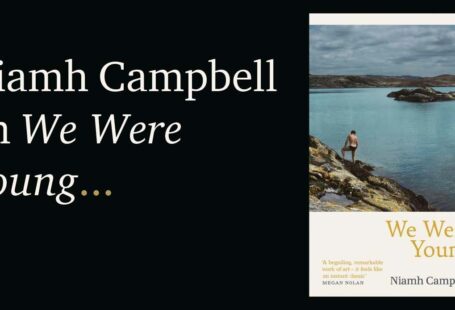I don’t recall when I first started paying attention to the names of translators. Maybe it was when I read Blindness, by José Saramago. Saramago strips punctuation to commas and full stops only — no dashes, no quote marks, no colons, no nothing — to focus attention on the sound and rhythm of his words. Does Saramago’s flow in English match that of the original Portuguese? Having no Portuguese, I can’t say for sure, but the distinctive voice established by Saramago’s first translator, Giovanni Pontiero, is still present in the later works translated by Margaret Jull-Costa.
Or perhaps it was when I realised that Rings of Saturn had been translated by the same Anthea Bell who, along with Derek Hockridge, was responsible for bringing the Asterix books into English. If you think translating Asterix is child’s play, consider for a moment the challenge of making puns that work in two languages simultaneously. Asterix’s determined little dog is Idéefix in French (idée fixe…comprenez-vous?), Dogmatix in English. This is clever enough — I suspect both Bell and Hockridge can rip through a cryptic crossword in jig time. But to also be able to render the melancholy, nostalgic cadences of Sebald? That is talent.
Partly as tribute to the translator’s art, partly as encouragement to anglophone readers to cast their nets more widely, Boyd Tonkin has compiled a list of The 100 Best Novels in Translation. Usually the prospect of another thousand nouns I must verb before I die would have me reaching for the hemlock, but a hundred sounds more manageable. Disarmingly, Tonkin admits immediately in his introduction that this is really just a list of 100 good novels in translation. He limits himself to a single novel by any given author, and only to books written before 2000, so no Ferrante, Knausgaard or Bolaño. He mentions that in any case he thinks Bolaño was better served by the translations of his short stories than his novels — take a bow, Chris Andrews. Natasha Wimmer, see me after class.
But I think Tonkin misses a trick in spending so little time discussing which translation you should choose for each novel — a mere three lines appended to a three page description of the book. For some, no doubt, there is only one choice. But when Penguin published a new translation of Madame Bovary by Lydia Davis, Julian Barnes’s review mentioned the existence of fourteen other translations. In the most interesting part of the review, he compared the versions of two short sentences given in six of them. They are startlingly different. Surely Tonkin could give a little more space to comparison?
Still, it’s a fine book for dipping into that will surely introduce you to a few unfamiliar names. You may know your Tolstoy, your Kafka, your Proust, but how about Dino Buzzati? Clarice Lispector? Machado de Assis? Jun’ichirō Tanizaki? Tonkin’s compact accounts will certainly whet your appetite for the full novels. Frank Wynne’s Found in Translation, a dazzling compendium of a hundred short stories from around the globe, would make a perfect companion.






